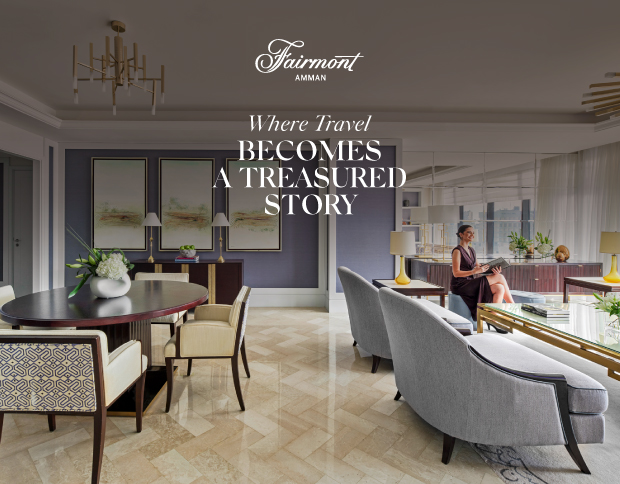Stefan Breg, MP-consulting of KEANE: Consult & Create, discusses how the mid-sector dining market in Saudi Arabia presents a promising opportunity for hotel F&B to dominate through strategic advantages.
What factors make the mid-sector dining market in Saudi Arabia a viable opportunity for hotel F&B to dominate?
To begin with, we define the mid-sector as meals priced between SAR 150 and SAR 200 (USD 40-55) net per individual diner. Currently, quick-service restaurants and cafés dominate Saudi Arabia’s foodservice market, accounting for more than 65 percent of the total industry share. In contrast, the mid-market dining segment represents less than 20 percent in Saudi Arabia, which is significantly lower than Dubai’s 40 percent share. This clear disparity signals strong potential for hotel food and beverage outlets to address growing demand in the underserved mid-sector space. Moreover, hotel venues can leverage built-in footfall, urban expansion, rising disposable incomes and evolving tastes of youthful, globally influenced Saudi consumers today.
What does KSA’s market growth projections look like?
Within Saudi Arabia, full-service restaurants are expanding faster than QSR and casual dining, growing at 8.3 percent versus 6.5 percent. Nevertheless, Dubai’s mid-market restaurant segment is growing more than twice as fast, with a projected compound annual growth rate of 19 percent. Therefore, this performance gap suggests Saudi Arabia’s mid-sector is approaching a tipping point toward accelerated development and stronger investment-driven momentum ahead.
Furthermore, we believe evolving social norms and changing lifestyles will significantly influence and drive mid-sector restaurant growth across the kingdom in coming years.
What unique advantages do hotel F&B venues have over standalone mid-market restaurants?
First of all, hotel food and beverage venues in Saudi Arabia hold competitive advantages over mid-market independent restaurants yet remain largely underutilized. Although 73 percent of the full-service market consists of standalone venues, hotels enjoy built-in demand from guests, events and conferences. Moreover, hotels benefit from strong brand equity, premium urban locations and greater operational efficiency compared to fragmented independent restaurant competitors. Additionally, rising affluence, female workforce participation and increased F&B spending create strong conditions for hotel restaurants to outperform peers. Finally, hotel venues often offer convenient parking — a practical, everyday advantage rarely available at standalone restaurants within crowded urban dining districts.
What can we learn from other international cities?
To begin with, Saudi Arabia’s mid-sector represents just 17 percent, which is significantly lower than other markets including Dubai, Paris and the United Kingdom. In fact, the kingdom’s mid-sector share equals only one-third of the United Kingdom’s, reflecting a clear gap in market development. Meanwhile, Saudi Arabia holds a middle ground in QSR market share — 40 percent — between Singapore’s 67 percent and Dubai’s 33 percent respectively. Furthermore, casual dining thrives in London and Paris, supported by strong local identity, walkable urban layouts, and well-established food culture. Conversely, Dubai showcases how hotel dining can succeed by leveraging bold culinary concepts, branded experiences, and aggressive marketing strategies for visibility. Therefore, hotels in Saudi Arabia must tackle perceptions of price, access, and formality to attract and grow mid-sector dining audiences.
What’s stopping hotel F&B in the kingdom from taking the lead and targeting the mid-market sector?
The restaurant market in the kingdom is rapidly evolving, and Riyadh and Jeddah increasingly reflect Dubai’s model of international brands. However, we view this as a transitional phase, as Saudi Arabia is poised to carve out its own culinary path.
One potential challenge hindering hotels from entering the mid-market segment is the experience of operators from markets like Dubai and Abu Dhabi. As a result, some hotel leaders may believe hotels cannot compete effectively with standalone restaurants, yet we disagree with this view. In fact, Saudi Arabia is uniquely positioned — more than anywhere else globally — for hotels to rise, compete and take leadership in this market.











